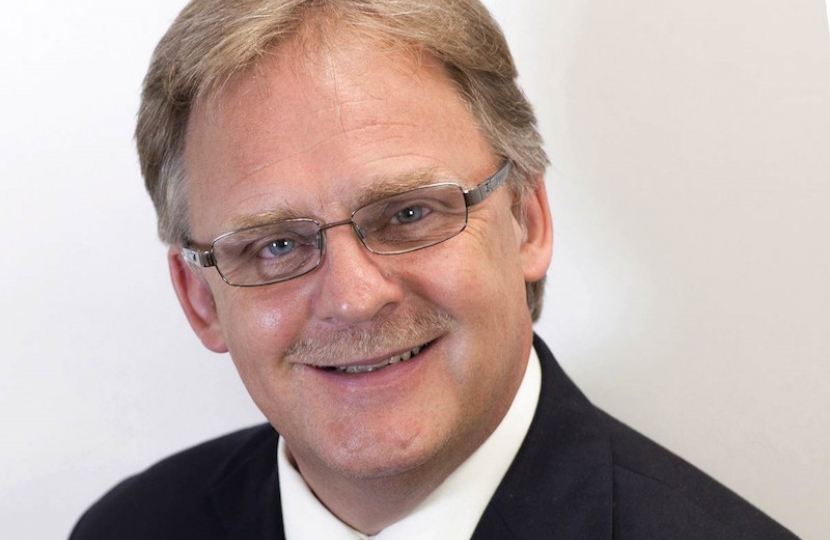
With 70 per cent more people dying by suicide than in road traffic accidents each year, North Wales Assembly Member Mark Isherwood has called for a multi-agency approach to reduce the number of suicides across Wales, where ‘The legacy is a wound that often never heals’.
Speaking in this week’s Assembly Debate on Suicide, Mr Isherwood highlighted factors which increase the risk of suicide and said Samaritans Cymru believes that local suicide prevention plans should be mandatory and established consistently across Wales.
He said: “As they state ‘suicide remains a major public health issue and is a devastating event for families and communities. Achieving a reduction in suicide involves reaching more people who may be at risk of taking their own lives’.
“This requires multi-agency action, which should be seen as a major and urgent priority in the national public health agenda in Wales.”
Mr Isherwood referred to the fact that drug misuse is known to increase the risk of suicide twentyfold, and substance misuse is particularly associated with impulsive suicide in young men. He also noted that the 2011 ‘Children and Young People Wellbeing Monitor for Wales’ showed a rise in hospital admissions for young people in Wales who self-harm, particularly among 15 to 17-year-old girls.
He said:
“The Northern Ireland Commissioner for Children and Young People's report on the impact of early childhood experiences on adolescent suicide and accidental death states the research is clear that earlier identification and response to a young person's poor mental health, and, in particular, depression, will reduce substance misuse, self-harm and suicide attempts. Self-harm is particularly prevalent in young people and is an indication of underlying social, relationship, emotional and psychological problems. Improving responses for people who harm themselves plays a critical role in preventing suicide and improving mental health and wellbeing. It’s crucial that front-line services are equipped to address these needs in a sensitive and effective manner.
“Better care and management of people who harm themselves will increase the likelihood of reducing the suicide rate, improve the mental health and quality of life of many thousands of people, and reduce demand on our stretched emergency services. This must include dual diagnosis therapeutic counselling and peer-mentoring services for people with both mental health and substance misuse problems who otherwise fall between the gaps in services. “As Flintshire Mind told me early in this Assembly term, real partnership requires local authorities and health boards to focus on people's needs, to listen, to be person-centred, to avoid short termism, and to work with the voluntary sector.
He added: “Mental health charity Hafal highlights the need to provide better advice and support for carers, the need for more services to prevent a mental health crisis occurring, and particularly the need to have more talking therapy sessions available for people living with a serious mental illness. As they also say, we need to better identify those people at greatest risk of self-harming and develop a range of services for them.”